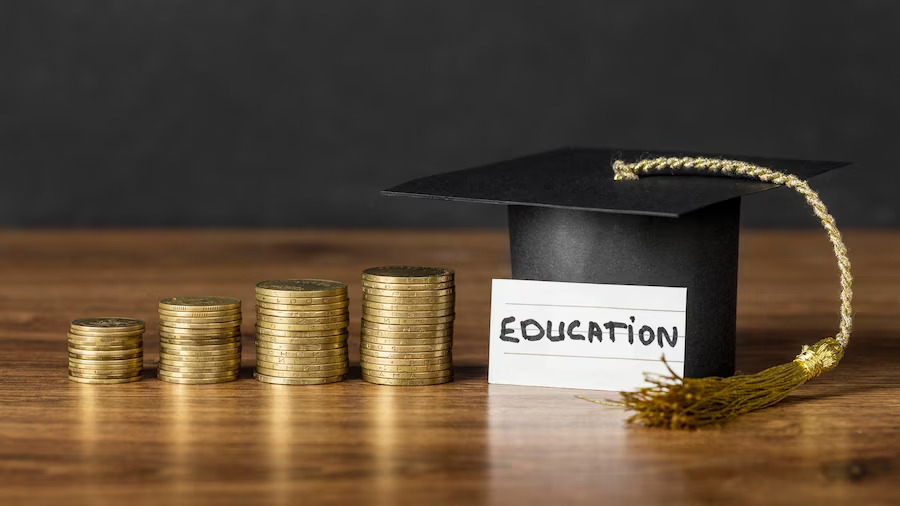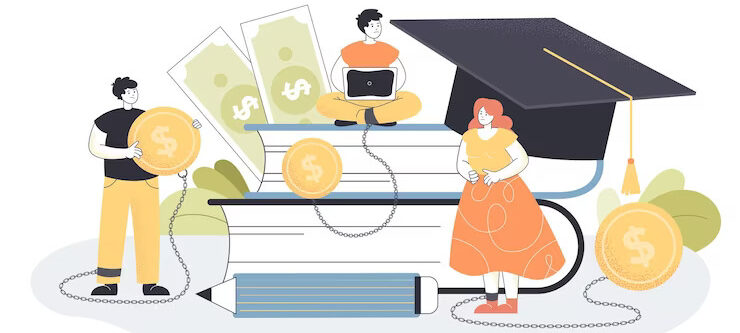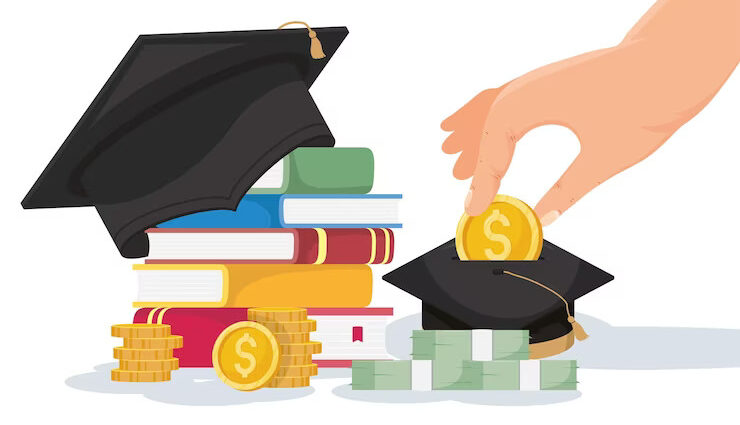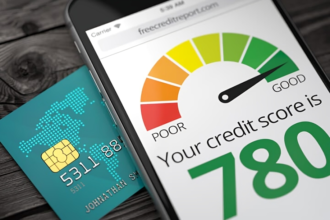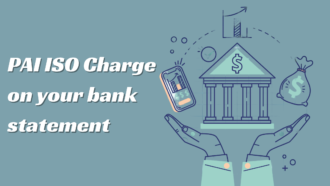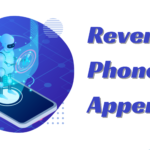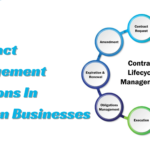What Happens If You Default On A Student Loan?
Student loan default is a common problem for students, which can lead to financial hardship and lower living standards for the borrower. Nowadays, students are more often interested in how to get a $300 loan because the average monthly payment on a student loan is $393.
For someone, it is simply an unaffordable amount if they are also trying to make ends meet. But that’s no reason to stop making monthly disbursements because they can seriously affect your future finances.
You should know that default on your loans starts when you miss at least one payment. If you did not pay the minimum payment on time, you will be charged a late fee the next day after a default of contribution conditions.
After 90 days or more, your loan officer reports to the credit bureaus that you are not paying for your loan, which will appear on your credit report and negatively affect your credit history. After 270 days, your loan is declared in default, and your debt is foreclosed.
When You Fail to Repay Your Federal Student Loans
Consequences occur the first time you owe a debt, but if you continue to make no monthly disbursement for the next 270 days, you will default on your loans, which will have such consequences:
- The default remains on your credit report for the next seven years, significantly affecting your ability to get other lenders like credit cards, mortgages, etc.
- The Department of Education may withhold up to 15% of your salary to pay off all your outstanding loans.
- You are ineligible for future federal financial aid, such as grants or scholarships, if you cannot repay all your delinquent loans.
- Legal proceedings might be initiated. You may be sued to recover the debt. This will result in a judgment against you.
- The government can add collection fees and other charges to your loan balance.
- Failure to pay off a loan will negatively affect your employment, especially if you are applying for a job that requires a credit check.
- Other issues: in some cases, you may not be allowed to sell your property, such as a house, car, or assets.
Defaulted loans may also result in higher interest rates on future loans and may even prevent you from obtaining professional licenses or security clearances.
The first thing you should do if you are in debt or want to know what to do if you are in default on your loans is to contact your loan officer. Credit services must help you solve your problem and offer options such as early repayment or providing a plan based on your income.
Borrowers can also repay their loans using consolidation or full credit rehabilitation to eliminate loan defaults and return to normal lives.
When You Fail to Repay Your Private Student Loans
Borrowers with private student loans face different rules regarding late payout. When you take out a private student loan, you make a financial commitment that can last for many years.
Unlike federal student loans, private loans are not backed by the government and typically have higher interest rates and less flexible repayment options. Your loan is considered prime if you haven’t paid it within 90 days.
If you declare yourself bankrupt, fail to pay a different loan, or die, your private loan will be considered repaid. You can be sued by the lender, meaning you will have to pay the rest of the debt with interest and court costs.
Losing a lawsuit can result in wage garnishment or possible forfeiture of your home, depending on your state’s laws. Defaulting on a private student loan can long-term affect your financial well-being. Your credit score will be severely damaged, making it difficult to obtain credit in the future.
If you are having trouble paying off your loans, you must immediately contact your lender to help you develop a plan appropriate to your current financial situation.
One consequence is present only with private loans: lenders might hire a collections agency to try to recover the loan. They may contact you by phone, mail, or email to demand payment.
What to Do if You are Struggling to Make Payments?
First, you must contact your credit counselor and discuss possible plans. If you have a federal student loan, you can create a repayment plan that matches your monthly salary to assist you in managing money more efficiently. You can change the terms of your monthly payment, consolidate your loan, use abstinence, or, sometimes, suspend.
You can also closely examine your income and expenses to create a budget that works for you. Prioritize your essential expenses, such as food, housing, and utilities, and cut back on discretionary spending where possible. It is important to remember that defaulting on a private student loan is not inevitable.
Private student loan borrowers may consider refinancing. Refinancing is replacing an existing loan with a new one with different terms and conditions, usually to obtain better interest rates, lower monthly payments, or change the loan’s length.
If you meet the requirements for refinancing, getting a low-interest rate can make your monthly payments more affordable. It is important to remember that defaulting on a private student loan is not inevitable.
You can take steps to avoid default, such as contacting your lender to discuss repayment options or seeking assistance from a credit counselor.
Americans Owe $1.75 Trillion in Student Debt.
According to the Federal Reserve, outstanding student debt in the United States will reach $1.75 trillion by the end of 2021. The student debt burden has more than tripled over the past 15 years, which is one reason for the calls for student debt relief to grow louder and more frequent.
Student loans are the second largest category of household debt in the U.S., trailing housing debt by a wide margin. Auto loans are the third largest category, currently at $1.3 trillion.
The Bottom Line
The most important thing to understand is that the consequences of defaulting on your student loan are ruinous. Acting immediately if you’re worried about paying your bills is best. Remember that a loan advisor can always be helpful if you can’t solve your problems.
If you do default, it is still possible to consolidate it or rehabilitate your loan. It may take years of tireless work to restore your reputation, and perhaps then, the damage will be done, and your credit score will be fully restored.

